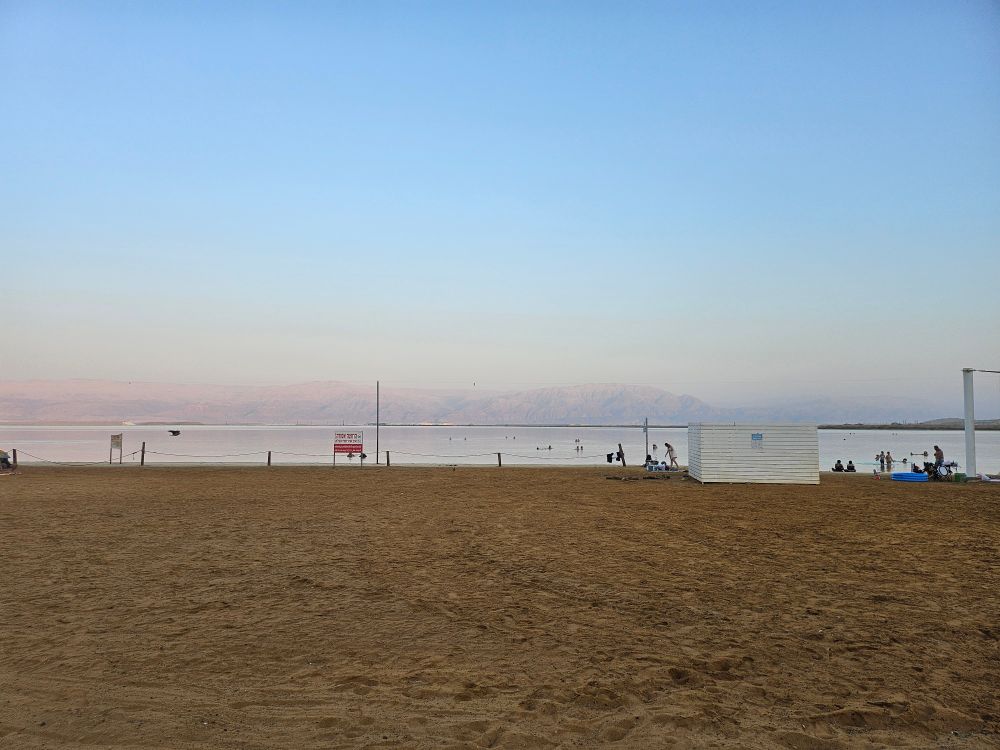Carlos Caldas 🇵🇹🇮🇱🇪🇺🇬🇧🎗
@carloscaldas1960.bsky.social
490 followers
330 following
490 posts
Cancer Physician Scientist
@hebrewuniversity.bsky.social
@lautenbergc.bsky.social
@ims-mrl.bsky.social
Functional genomics.
Breast cancer ecosystems.
Cell state and cell fate.
Precision Cancer Medicine 2.0
#METABRIC
#DETECT
#TransNEO
#PDTXs
Posts
Media
Videos
Starter Packs
Pinned
Reposted by Carlos Caldas 🇵🇹🇮🇱🇪🇺🇬🇧🎗
Reposted by Carlos Caldas 🇵🇹🇮🇱🇪🇺🇬🇧🎗
Reposted by Carlos Caldas 🇵🇹🇮🇱🇪🇺🇬🇧🎗
Reposted by Carlos Caldas 🇵🇹🇮🇱🇪🇺🇬🇧🎗
Reposted by Carlos Caldas 🇵🇹🇮🇱🇪🇺🇬🇧🎗
Reposted by Carlos Caldas 🇵🇹🇮🇱🇪🇺🇬🇧🎗
Reposted by Carlos Caldas 🇵🇹🇮🇱🇪🇺🇬🇧🎗
Reposted by Carlos Caldas 🇵🇹🇮🇱🇪🇺🇬🇧🎗
Reposted by Carlos Caldas 🇵🇹🇮🇱🇪🇺🇬🇧🎗
Reposted by Carlos Caldas 🇵🇹🇮🇱🇪🇺🇬🇧🎗
Reposted by Carlos Caldas 🇵🇹🇮🇱🇪🇺🇬🇧🎗


















